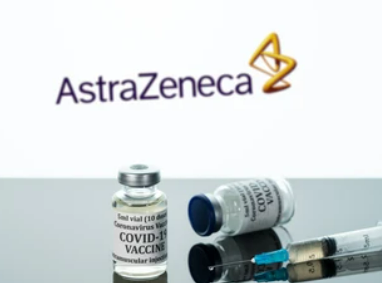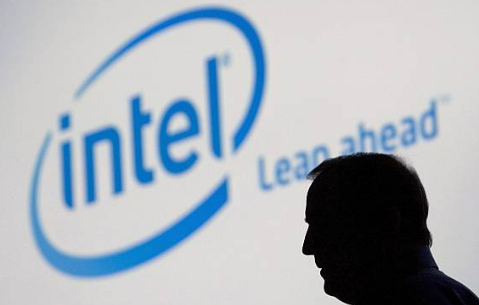
Charlie Brooks
Oct 11, 2022 11:23

Tuesday, attempts by researchers from Oxford University and AstraZeneca (NASDAQ:AZN) Plc to manufacture a nasal-spray version of their jointly developed COVID-19 injection were hindered by the failure of first human tests to give the required degree of protection.
During the first of generally three phases of clinical testing, a minority of trial participants had an antibody response in their respiratory mucous membranes, according to a statement released by the University of Oxford on Tuesday.
In addition, the immune response measured in the blood was weaker than that caused by an arm injection.
Researchers from throughout the world have high hopes for nasal spray vaccinations against the coronavirus, as it is predicted that the method could prevent infection and illness by stimulating an immune response directly in the airways, where the virus enters the body.
In addition, the method would be less painful and easier to administer than injections.
In India and China, regulators have previously authorized the administration of drugs via the airways.
Last month, India's health minister approved Bharat Biotech's COVID-19 nasal spray vaccine, while China's medicines regulator approved CanSino Biologics Inc's COVID-19 inhaled vaccine on an emergency basis.
CanSino has said that its nebuliser-delivered vaccine can develop robust immunity to successfully restrict disease, but Bharat's trial findings are not yet available.
The British study included 30 unvaccinated patients and 12 volunteers who had previously undergone a normal two-dose immunization course.
In this study, the nasal spray did not perform as well as anticipated, according to Sandy Douglas, the trial's primary investigator at the Jenner Institute of Oxford University.
She went on to say, "We believe that delivery of vaccinations through the nose and lungs remains a viable option, but this study suggests that there will be challenges in making nasal sprays a reliable alternative."
During the AstraZeneca-funded trial, no severe adverse events or safety concerns were reported, according to the release.

Oct 11, 2022 11:21
